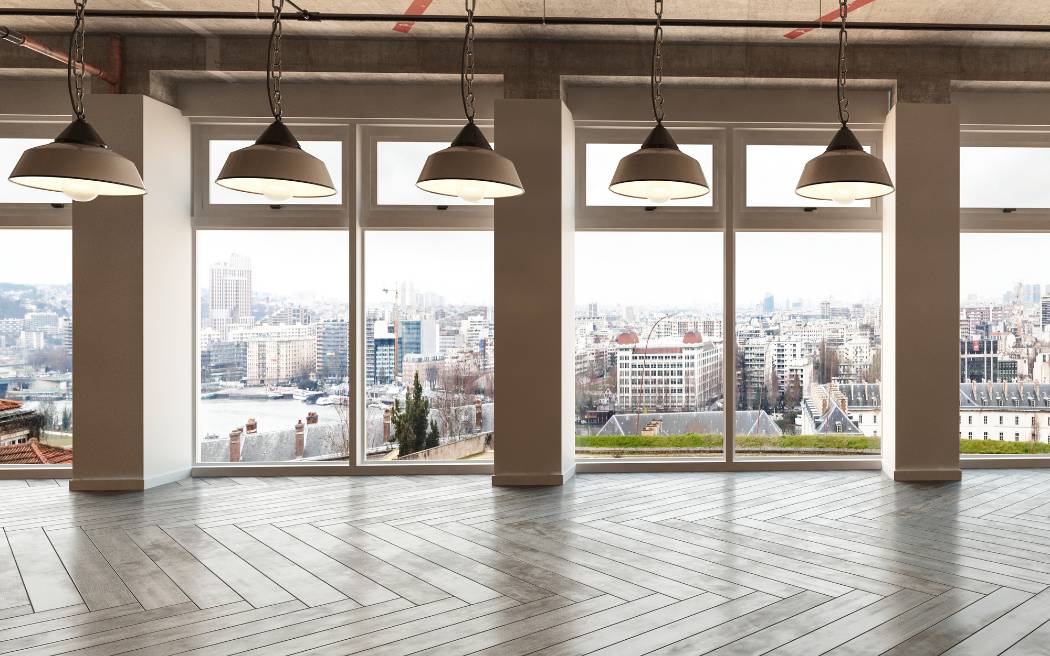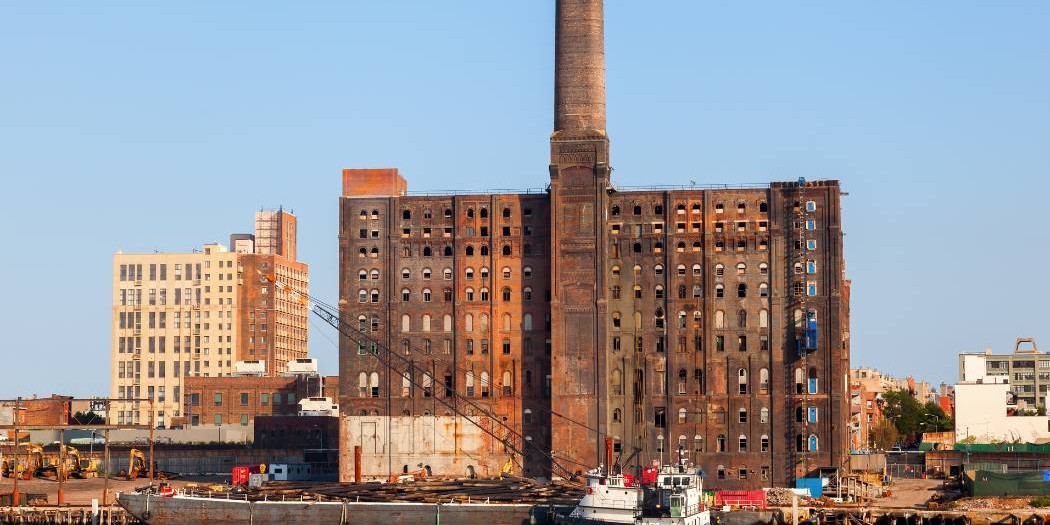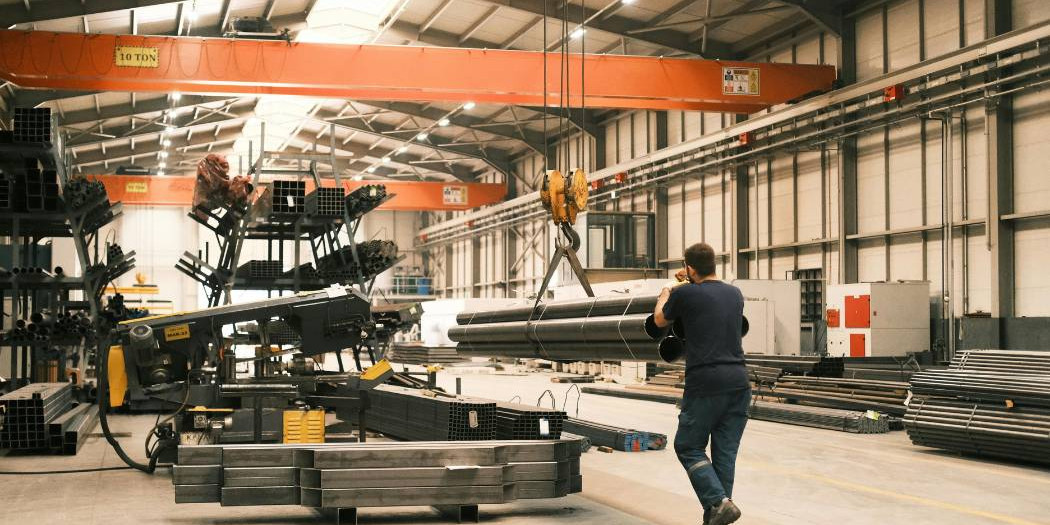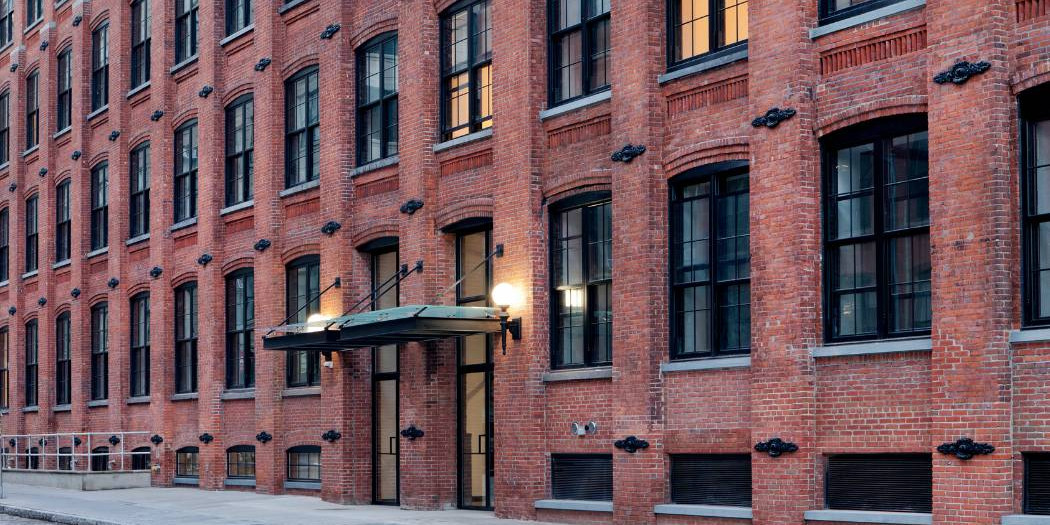In the heart of Brooklyn, where glass towers rise and condos multiply, industrial spaces are quietly vanishing. Yet behind the hum of machinery and the clang of metal doors lies something irreplaceable community. Industrial spaces have long been more than just sites of labor; they’re ecosystems that support local economies, foster intergenerational skills, and anchor working-class stability. As rezoning and real estate pressures escalate, it’s time to recognize the vital connection between industrial preservation and community health.
The Dual Role of Industrial Zones
Industrial areas in Brooklyn once seen as gritty or transitional are, in fact, vital to the borough’s cultural and economic identity. These zones house small manufacturers, logistics hubs, creative artisans, and blue-collar innovators. But their influence doesn’t stop at the shop floor.
They provide:
- Stable, middle-income jobs for locals
- Training grounds for tradespeople and apprenticeships
- Affordable space for makers, fabricators, and startups
- Economic diversity that shields communities from gentrification volatility
When industrial spaces are rezoned for luxury housing or retail, entire ecosystems are displaced — not just tenants.
Community Displacement: The Collateral Damage
The loss of industrial zones often results in a cascade of unintended consequences:
- Job loss among working-class residents
- Increased economic inequality and job polarization
- Displacement of family-owned businesses that have existed for generations
- Disruption of supply chains for other local industries
What begins as a zoning change ends as a socio-economic shift, eroding the roots of entire neighborhoods.

Rethinking Industrial Land Use as Public Good
We must rethink industrial land as a public infrastructure asset, not a placeholder for luxury development. Just like schools, parks, and transit, productive industrial land plays a critical role in shaping inclusive, resilient urban economies.
Policy interventions that could preserve this balance include:
- Industrial Business Zones (IBZ) protections
- Incentives for light manufacturing and clean tech tenants
- Community Land Trusts for industrial sites
- Rent stabilization for industrial tenants
- Zoning that supports hybrid spaces: work, produce, and live
Towards an Equitable Future for Brooklyn
“Community Places” aren’t always parks and cafes sometimes, they’re welding shops, packaging warehouses, and distribution centers. These spaces are where people find work, build businesses, and stay rooted in a rapidly changing city.
Preserving Brooklyn’s industrial corridors isn’t just about buildings. It’s about protecting the people and potential inside them.




